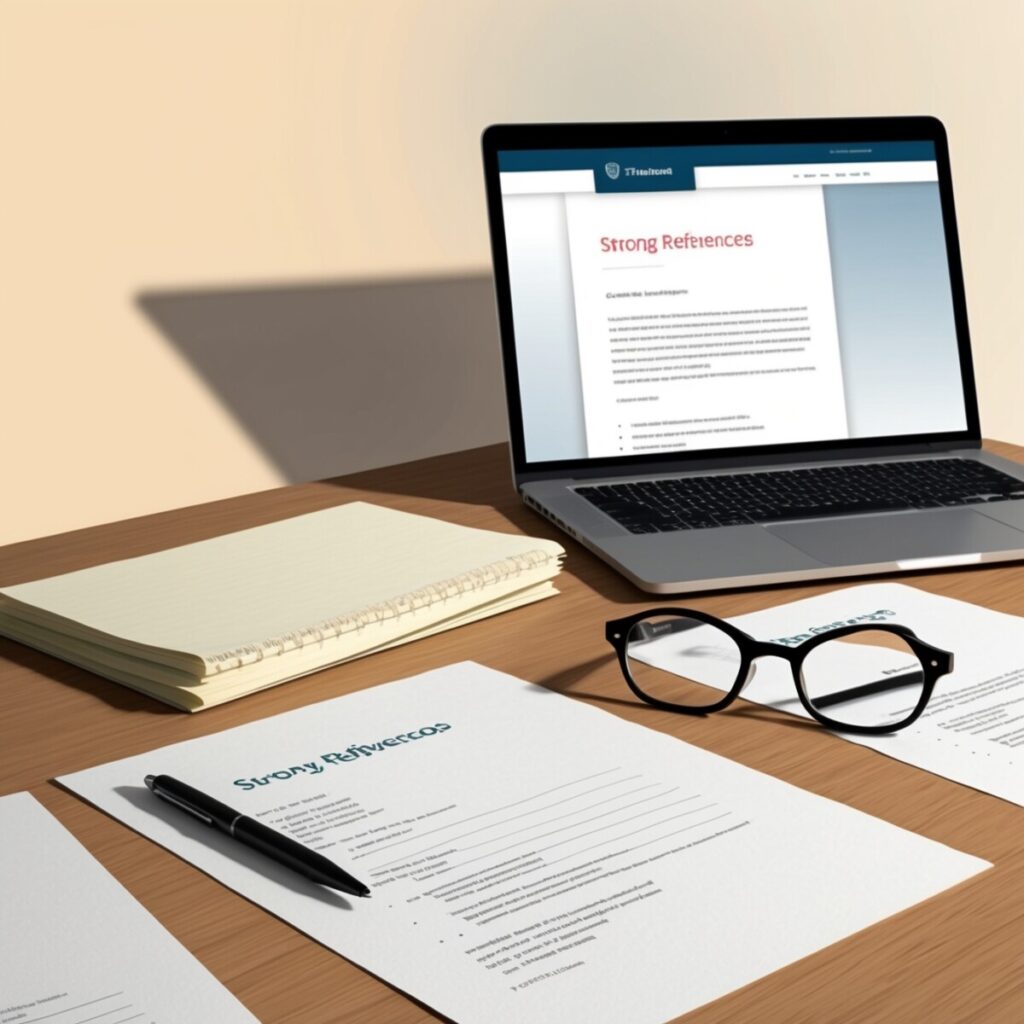How to Add Strong References to Your Resume
Adding strong references to your resume can significantly enhance your job application by providing potential employers with credible sources that vouch for your skills, work ethic, and accomplishments. Here’s how to effectively include references in your resume:
Choose the Right References
First, select individuals who can provide positive and relevant feedback about your professional abilities. Ideal references include previous managers, supervisors, colleagues, or clients who have firsthand knowledge of your work. Make sure they are willing and prepared to speak on your behalf.

Request Permission
Always ask for permission before listing someone as a reference. Contact your potential references, explain the job you’re applying for, and ask if they are comfortable providing a reference. This also gives them a heads-up to expect a call or email from the employer.
Provide Context
When listing your references, include their full name, job title, company, and contact information. Additionally, provide a brief description of your professional relationship with them. For example, you might write, “John Doe, Marketing Manager at XYZ Company, supervised my work on several high-profile marketing campaigns.”
Placement on the Resume
Typically, references are not included directly on the resume. Instead, add a line at the end of your resume that states, “References available upon request.” This indicates that you have references ready without taking up valuable space on your resume.
Prepare Your References
Once your references have agreed to help, provide them with a copy of your resume and details about the job you’re applying for. This helps them tailor their feedback to the specific role and highlight the most relevant aspects of your experience.
Follow Up
After you’ve listed someone as a reference, keep them updated on your job search progress. Let them know when you’ve used them as a reference and thank them for their support. Following up shows professionalism and appreciation for their assistance.
Highlight Key Qualities
Choose references who can speak to different aspects of your professional persona. For instance, one reference might focus on your technical skills, while another highlights your leadership abilities or teamwork. This diverse feedback can paint a well-rounded picture of your capabilities.
Use LinkedIn Recommendations
Consider using LinkedIn to gather recommendations from your network. These endorsements can be included in your online profile, providing potential employers with immediate access to your references’ testimonials.
Keep Information Up-to-Date
Ensure that the contact information for your references is current. Outdated contact details can frustrate potential employers and delay the hiring process.
Be Selective
Only include references who can provide strong, positive feedback. Avoid listing individuals who might give neutral or lukewarm endorsements.
By following these tips, you can add strong references to your resume effectively, enhancing your credibility and increasing your chances of landing the job.

